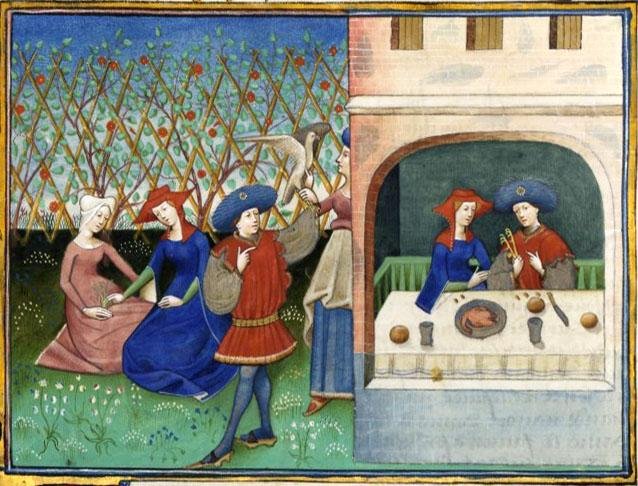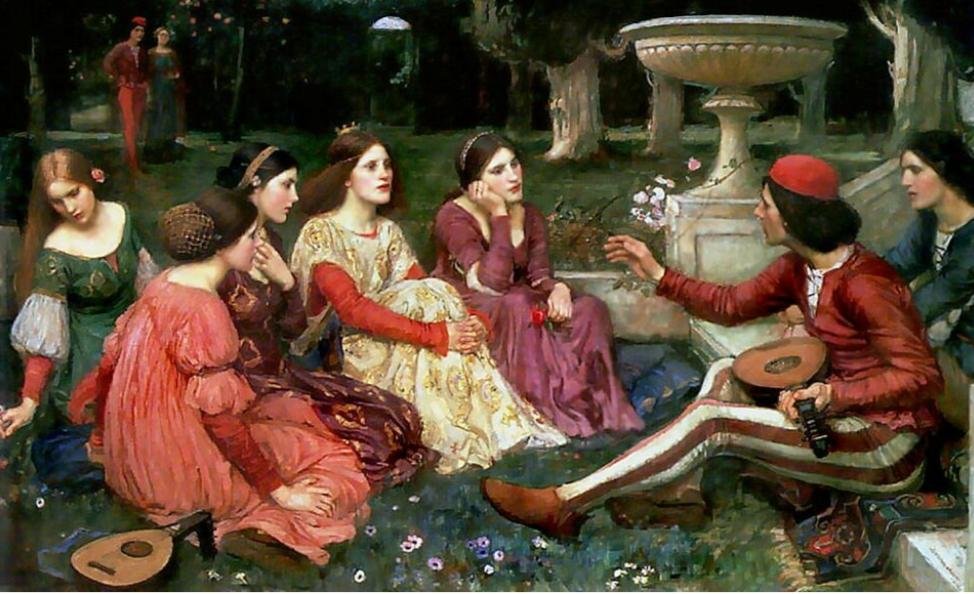No data to show
Leia Mais
Introduction: Giovanni Boccaccio’s “Federigo’s Falcon,” told on the fifth day of The Decameron, is a poignant tale that explores love, sacrifice, and the ironic turns of fate. Beneath its simple plot lies a powerful message about the nobility of selflessness and the unpredictable ways love is returned. In a time when social class and wealth dictated worth, Boccaccio...

Boccaccio’s Decameron is filled with tales that amuse, provoke, and challenge social norms. One of the most fascinating—and darkly ironic—is Day 2, Tale 7, the story of Alatiel, a beautiful Saracen princess whose adventures blur the line between appearance and reality. While the tale is steeped in humor and coincidence, it also explores deeper themes of reputation,...

Introduction: The Boccaccio’s “Ninth Tale” (VII, 9) from The Decameron, focusing on the complex interplay of love, deception, and the subversion of societal expectations. The story, narrated by Panfilo, masterfully blends elements of a traditional tale of infidelity with a clever twist, highlighting the resourcefulness of the female protagonist, Lydia, and the gullibility of...

The Big Sacrifice: What "Federigo's Falcon" Tells Us About Love Giovanni Boccaccio's The Decameron is an old book (from the 1300s!) full of stories about people. One story that really sticks with you is "Federigo's Falcon" (from Day 5, Story 9). It’s a sad and sweet tale about deep love, bad luck, and how good deeds can eventually pay off. It perfectly mixes moments of sadness with...

INTRODUCTION Giovanni Boccaccio’s The Decameron weaves together humor, intelligence, and tragedy in a way that reflects the complexities of human emotion. In Day 4, Tale 5 often referred to as “The Flowerpot’s Grisly Secret” the narrative takes a particularly dark turn. The tale of Lisabetta and Lorenzo is marked by poetic melancholy and striking...



